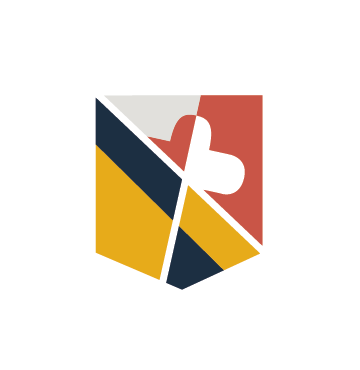Far too many students in the United States start their postsecondary education without being able to demonstrate the skills and knowledge deemed necessary to succeed in college-level math. Colleges and universities have traditionally dealt with this problem by placing students in full-semester developmental courses for which they must pay full tuition but do not receive college credit. It has become clear, however, that this approach has serious drawbacks, as students who start out in remediation are far less likely to attain a degree. Developmental courses are increasingly seen as a barrier rather than a bridge to college success. A great deal of experimentation is underway to find solutions that are more effective and less costly for students. Summer bridge programs are a popular approach to helping students close gaps before they start their first year of college. These are typically intensive, 4 to 5 week interventions that aim to address multiple areas of deficiency, including math, reading and writing, and study skills. Research suggests that summer bridge programs can help students start college on stronger footing, at least in the short term, but that benefits fade by the end of two years without additional support. Summer programs are not a practical solution for everyone—they are costly for the institution to provide and many students are not able or willing to spend a large part of the summer between high school and college in intensive, campus-based programs. In fact, students who most need remediation may also be those who most need to work during the summer to pay for college.
A new report, published by Ithaka S+R, describes their work with five campuses in the University System of Maryland to explore whether an adaptive learning product provided by Pearson could be used to offer more accessible, lower-cost summer programs. The Pearson product, MyFoundationsLab, enhanced with Knewton’s adaptive learning engine, aims to personalize study paths for students. Adaptive technologies enable students to identify specific skill gaps and work independently online to address those gaps with interactive instructional materials and assessments. We tested the hypothesis that technology could replace some or all of the traditional instructor-led class time required to help students improve their college readiness while substantially reducing the costs of the intervention.
The study took place in two iterations: first, we conducted pilots using MyFoundationsLab in both blended and online-only formats in order to explore whether this technology could help improve outcomes and/or lower costs. Second, we carried out a field study in which we tested the effects of an online-only program involving access to MyFoundationsLab along with prescribed messaging from facilitators encouraging students to participate and engage with the system. Given findings from earlier studies of 2 summer bridge programs, we did not expect to see dramatic gains in academic performance; the question was whether this intervention could “move the needle” in helping more students enroll and succeed in college-level math.







